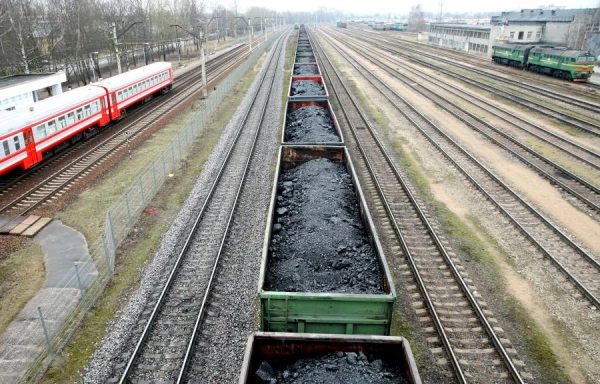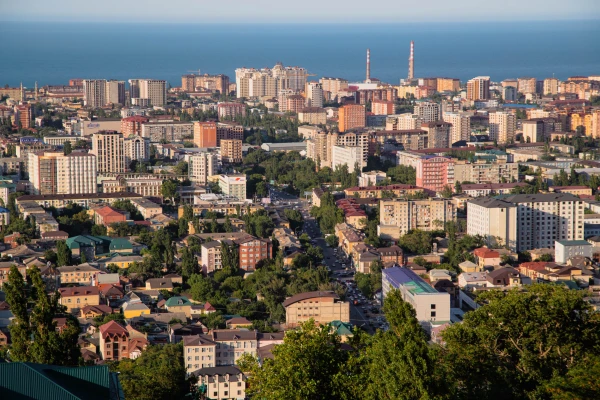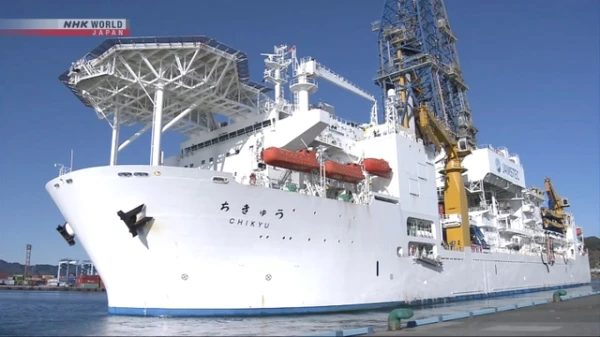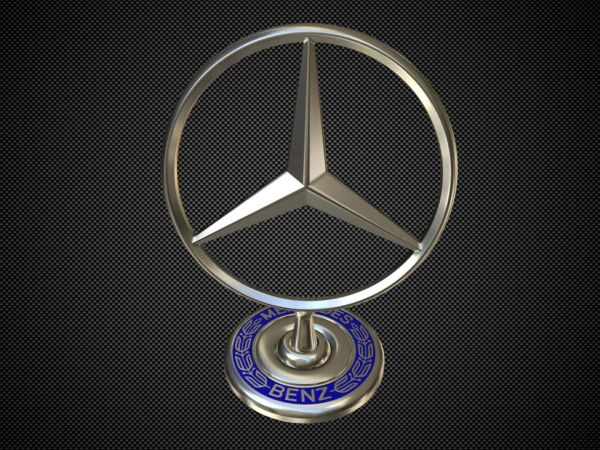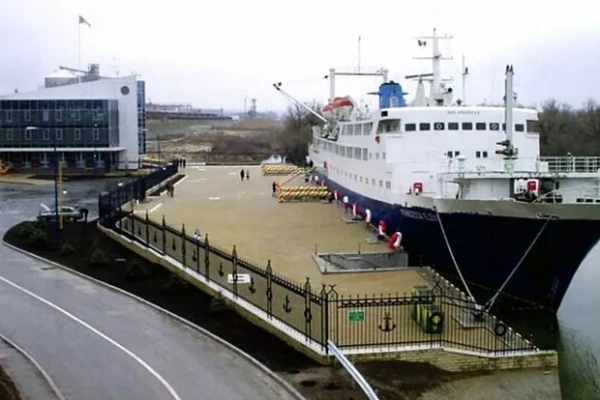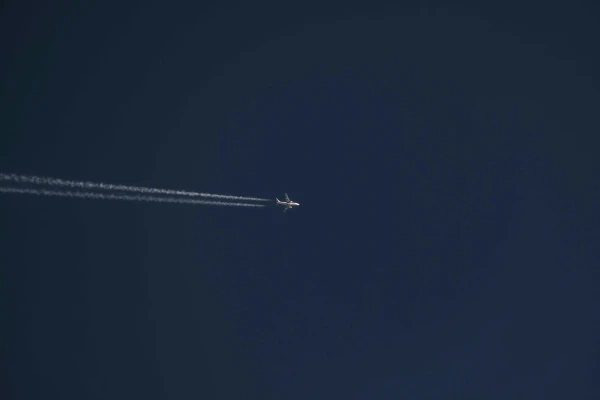
The number of navigation disturbances in airspace has significantly increased, stated Dāvis Taurinš, the chairman of the board of the state enterprise "Latvijas Gaisa satiksme" (LGS / Latvian Air Traffic) in an interview with the LETA agency.
He explained that LGS receives reports of disturbances from aircraft crews, but he allows that their number may be even greater than reflected in the official data.
"On average, we service 800 aircraft per day, and at least a third report interference," noted Taurinsh.
He pointed out that the number of navigation disturbances has sharply increased not only in the Baltic countries but across the entire northern region.
According to Taurinsh, solutions based on the Global Positioning System (GPS) and the Global Navigation Satellite System (GNSS) began to be implemented back in the mid-1990s, and at that time there was skepticism regarding traditional aeronautical equipment that ensured safe flights.
He emphasized that over all these years, not a single one of these devices has been dismantled – they have been consistently modernized and maintained, so there is no serious impact on flight safety in Latvian airspace.
"There are traditional systems; moreover, at the request of the crews, controllers perform vectoring – and all this together gives confidence that flights in Latvian airspace are safe," he noted.
Taurinsh explained that satellite navigation provides the aviation industry with an additional economic benefit.
"Aircraft can fly on the most direct trajectory, using performance-based navigation (PBN), which allows for fuel savings and reduced emissions, saves time, and thus makes operations more efficient. It feels like we have been pushed back in time," he added.
Thus, according to him, in the case of Latvia, the impact is not on flight safety but on their economic efficiency and environmental impact.
At the same time, he emphasized that this issue has been raised at the international level, as the Assembly of the International Civil Aviation Organization (ICAO) recently recognized that the source of interference is located in Russia, and this country has violated the Chicago Convention, jeopardizing the safe operation of civil aviation. The Assembly also acknowledged the importance of enhancing the resilience of technical systems in the radio frequency environment and called for a series of measures.
As previously reported, according to LGS, in the first nine months of this year, GPS interference was recorded 1,060 times in Latvian airspace – 2.6 times more than in the same period last year. In particular, in September of this year, 91 GPS violations were recorded, which is 3.6 times more than in September of last year, when there were 25 such cases.
Last year, 820 GPS interferences were recorded, in 2023 – 342, and in 2022 – 26.
Earlier, representatives of the Civil Aviation Agency (CAA) informed the LETA agency that the CAA is reviewing and analyzing reports of GPS signal interference in Latvian airspace. Although such cases affect the normal processes of civil aviation, they do not pose a threat to the safety of aircraft flights both in transit and departing to and from Latvia.
The CAA emphasizes that several systems are used to ensure flight safety, so GPS interference does not affect safety. Each case is recorded and centrally analyzed by the European Union Aviation Safety Agency.
LGS is a 100% state-owned enterprise obligated to provide airspace users with aeronautical services.
The goal of the CAA's activities is to implement state policy and management in the use of Latvia's airspace and civil aviation, including oversight of flight safety and aviation security, as well as monitoring compliance with air pollution from aircraft with environmental requirements.


